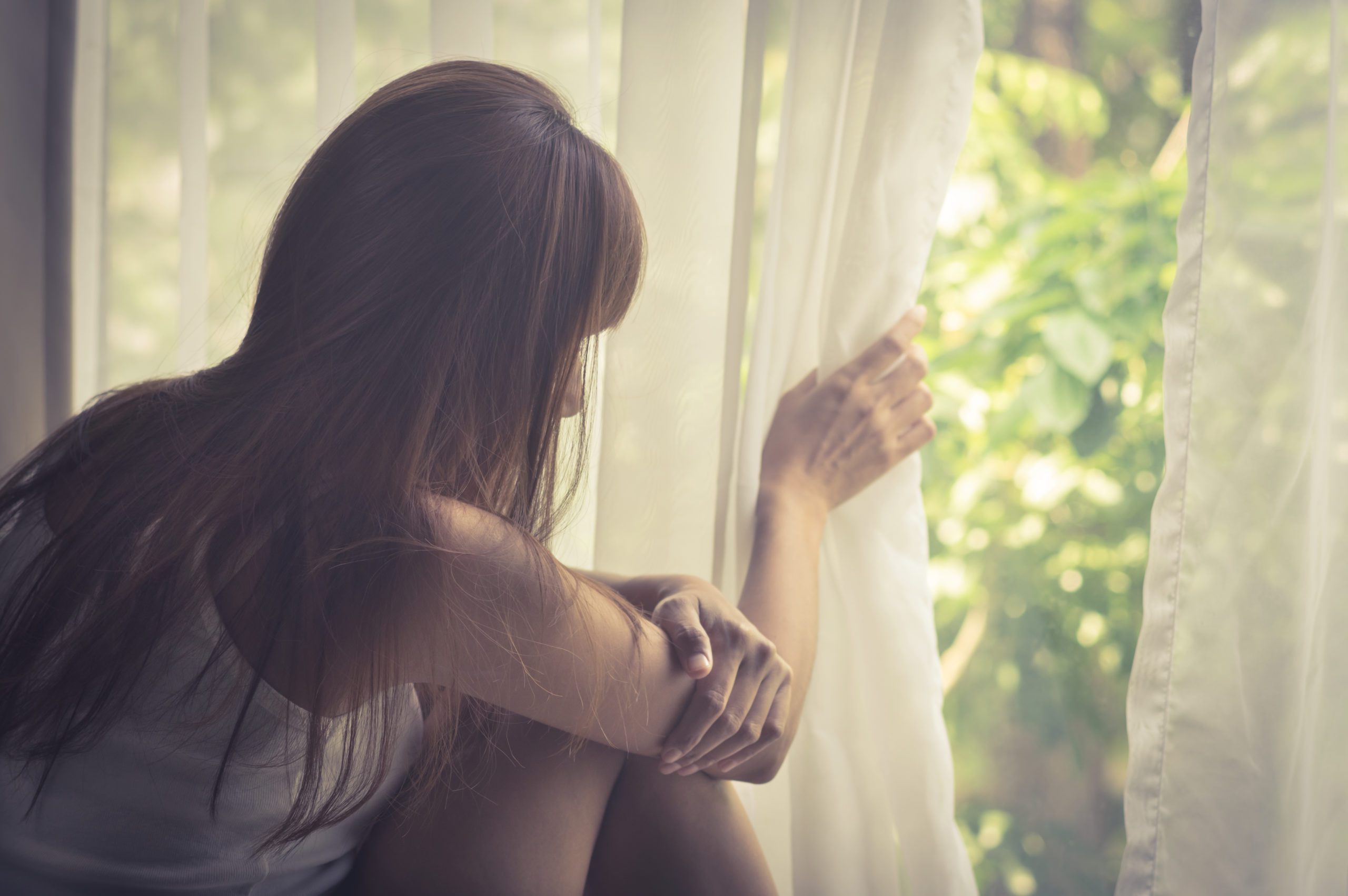Anxiety can rear its head in many ways. One common trait happens when people are put into social situations. It is actually quite common to feel uncomfortable and uneasy within large groups (especially as we become more and more isolated through technology). But truth be told, this can turn into a very severe issue and (to their credit) The Philly Voice addressed it on the front of their website, along with diagnosable symptoms to look out for.
Sympton #1: Withdrawing From Social Events
Sure it’s common to skip a party if you’re feeling tired or preoccupied. But if it starts happening more and more without a valid excuse, that may be something to look into. Most often, social anxiety sufferers will choose to decline invitations because of uncomfortableness or the fear of being singled out.
Sympton #2: Fear Of Meeting New People
Staying in your “comfort zone” of friends can actually be a symptom of social anxiety. If you shy away from new coworkers or purposely avoid opportunities to make friends, this could be a warning sign.
Symptom #3: Oversensitivity To Criticism
Of course no one likes to be criticized. But if this feeling begins to be crippling, take note. Social anxiety sufferers have a very difficult time receiving negative feedback and thus, go out of their way to avoid taking risks.
Symptom #4: Low Self-Esteem
People who stay isolated often suffer from low self-esteem. One of the fears of attending events or mixers is that you will be judged and/or scrutinized. If these types of feelings are preventing you from going out, know that it is a common social anxiety occurrence.
Symptom #5: The “Shy” Label
Now we all know there is nothing wrong with being shy or reserved, but if you have a hard time communicating with others that may go beyond that common label. If you have been described this way, do a deeper self-evaluation and see if your withdrawn nature may be a bit too extreme.
Symptom #6: Physical Symptoms
Did you know that social anxiety can manifest itself physically? People suffering from this often experience heart palpitations, excessive sweating, dry throat and trembling. Worst of all, you could be putting your health at risk if these symptoms are continually ignored.
Symptom #7: Fear Of Being Judged
Probably one of the biggest symptoms of social anxiety, the fear of judgment can create real mental health issues. Those suffering from this tend to be hypercritical of themselves, leading to depression and even suicidal tendencies.
Obviously, there are many levels of social anxiety. But if you find yourself saying “yes” to a majority of these symptoms, then you may want to seek professional help. We at inneractions are always available to talk this through, if you feel you need to reach out.
Exposing The Truth About Social Anxiety
This week, we’re tipping our hat to The Huffington Post. The famed news site, which is read by millions, put a very important story on its homepage. And sadly, this is a story that is all too often missed by the mainstream media. We are talking about Social Anxiety and the very real phobias that impact a large percentage of people in this country.
The HuffPo headline reads: Social Anxiety Doesn’t Get The Attention It Deserves. And that couldn’t ring more true. First we get the surprising stat. Did you know that over 15 million Americans suffer from this issue? And, for the most part, they suffer in silence.
Several case studies were used throughout the article, highlighting everyday people who find “simple tasks” excruciating. Sophie Trapani, for example, would convulse and literally shut down whenever she would have to speak in front of people. This led to her losing work, shying away from friends and even distancing herself from her family. In truth, it all becomes a vicious cycle where people get stuck in isolation.
Common fears include being judged, being rejected by peers or being confronted by dangerous people. These may not all be “rational” to the everyday person, but they are daily reality for those suffering from fear. Social anxiety can also overlap with other issues, such as obsessive-compulsive disorder, depression or panic attacks. Worse yet, people afflicted by this are often labeled as “shy” and not taken seriously.
The article goes on to highlight the enablers of the modern world and how, in today’s day and age, it is much easier to retreat and not face your problems. Social media and the web, for example, can allow people to hide even more and go undiagnosed.
We understand that this is a very serious issue and actually have treatment options for people suffering from this affliction. The most important thing a person can do, is recognize the symptoms of social anxiety. And it is just as important for a person’s network of family and friends to acknowledge it too and, perhaps, step in if help is needed.
“It is rather easy for those who do not understand or experience the condition to ignore or marginalize the disorder,” clinical psychologist Dr. Carla Marie Manly told HuffPo. “As a result, those who suffer from social anxiety often feel as if they are outcasts ― as if they do not measure up. A therapist or psychiatrist can help you work through the worst of it.”
We couldn’t agree more and are happy to help anyone suffering from this take the first step to wellness.




